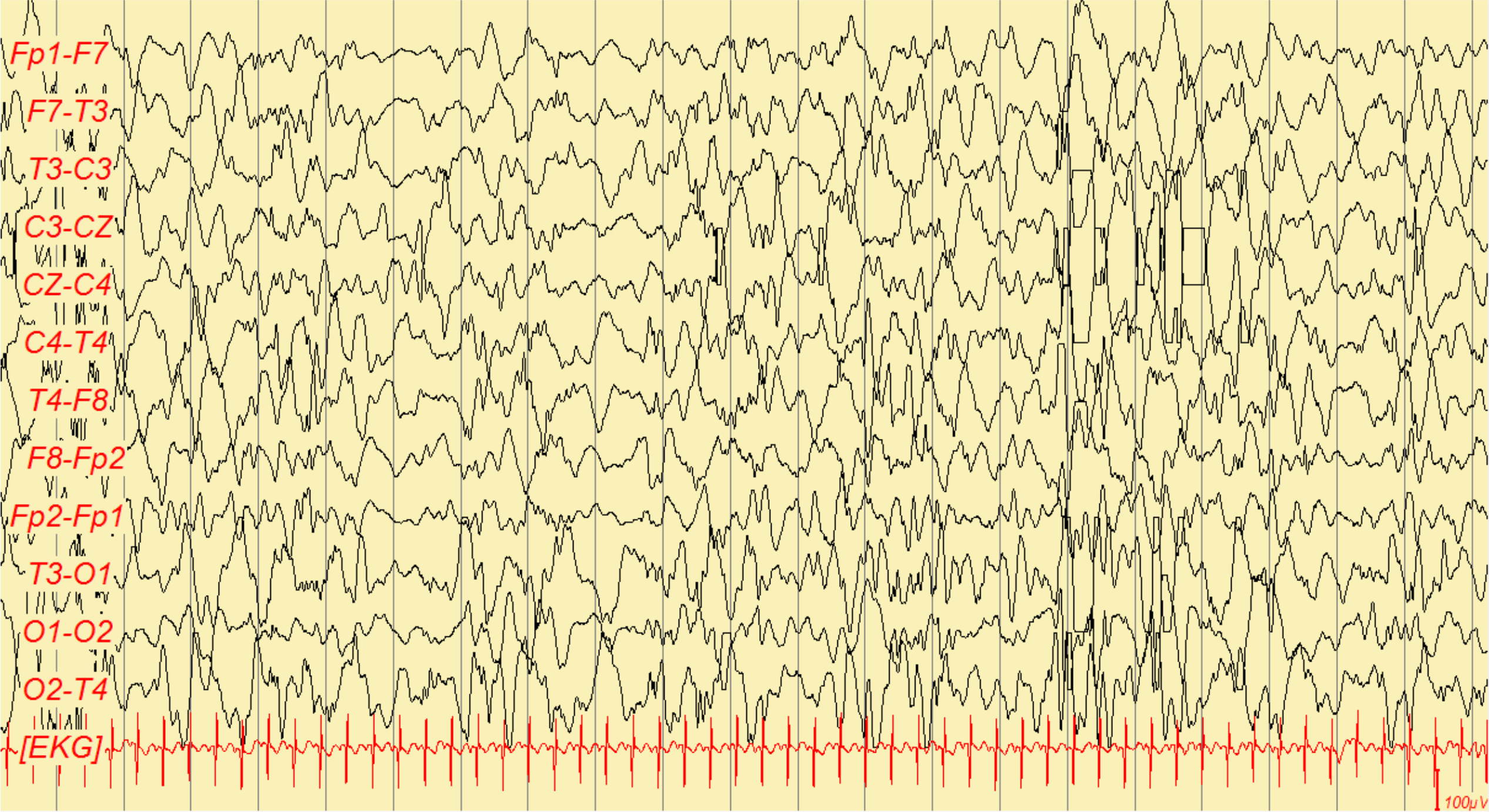Patient Instruments
Lisa Cartwright
UC San Diego
Participants
Liat Berdugo
University of San Francisco
Dorothy Santos
UC Santa Cruz
Gabi Schaffzin
UC San Diego
Avery Trufelman
99% Invisible
In the era of convergence, we have not been patient with our research instruments. Computing and recording implements mix audio and visual, combine the printed word, its vocal sound, and its image, and composite text with image; video compounds stills, moving images, text, and sound. Patient Instruments, a four-part project with its roots in media archaeology, builds from the premise that it is useful to keep instruments ticking while taking them apart, both to diagnose their inbuilt politics (Winner 1980) and to reflexively separate mediums that are converged in current-day digital humanities research tools, with the goal of re-introducing old forms without taking at face value tacit admixtures.
Liat Berdugo
Liat Berdugo is an artist, writer, and curator whose work — which focuses on embodiment and digitality, archive theory, and new economies — interweaves video, writing, performance, and computer programming to form a considerate and critical lens on digital culture. Berdugo has been exhibited in galleries and festivals internationally, and she collaborates widely with individuals and archives. She is the co-founder and curator of the Bay Area’s Living Room Light Exchange, a monthly new media art salon; co-founder and curator of World Wide West, an annual summit, exhibit, and performative new media event, among others. Her writing appears in Rhizome, Temporary Art Review, Real Life magazine, and others, and her book, The Everyday Maths, was published by Anomalous Press in 2013. Berdugo received an MFA from RISD and a BA from Brown University. She is currently an assistant professor of Art + Architecture at the University of San Francisco. More at liatberdugo.com.
Lisa Cartwright
Known for her writing about visual culture and the body in feminist science and technology studies and working at the intersections of art and medical history and critical theory, Lisa Cartwright is the author of books including Screening the Body: Tracing Medicine’s Visual Culture and Practices of Looking: An Introduction to Visual Culture (co-author Marita Sturken). Recent essays consider the landscape photography of photographers including Catherine Opie, the history of film technology, and the visual cultures of viruses. A native New Yorker, Cartwright was trained in film and critical theory at the Whitney Program and at NYU Tisch School of the Arts before receiving her PhD in American Studies from Yale and joining the faculty at the University of Rochester, where she helped to launch the Ph.D. Program in Visual and Cultural Studies. Cartwright is currently Professor of Visual Arts with additional appointments in the Department of Communication and the graduate Science Studies Program and an affiliation with the program in Critical Gender Studies. Cartwright is an editor of Catalyst: Feminism, Theory and Technoscience and supports collaboration with the FemTechNet, an international network of feminist scholars, artists, and teachers of technology, science, feminism, and digital media.
Dorothy Santos
Dorothy R. Santos is a Filipina American writer, curator, and researcher whose academic interests include digital art, computational media, and biotechnology. Born and raised in San Francisco, California, she holds Bachelor’s degrees in Philosophy and Psychology from the University of San Francisco and received her Master’s degree in Visual and Critical Studies at the California College of the Arts. She is currently a Ph.D. student in Film and Digital Media at the University of California, Santa Cruz as a Eugene V. Cota-Robles fellow.
Her work appears in art21, Art Practical, Rhizome, Hyperallergic, Ars Technica, Vice Motherboard, and SF MOMA’s Open Space. Her essay “Materiality to Machines: Manufacturing the Organic and Hypotheses for Future Imaginings,” was published in The Routledge Companion to Biology in Art and Architecture. She serves as a co-curator for REFRESH, a curatorial collective in partnership with Eyebeam, the program manager for the Processing Foundation, and host for the podcast PRNT SCRN produced by Art Practical.
Gabi Schaffzin
Gabi Schaffzin is an artist, educator, and researcher based in Southern California. He is currently a PhD candidate in Art History, Theory, and Criticism, Art Practice Concentration at University of California, San Diego. He holds a BS in Business Administration from Babson College in Wellesley, a degree he readily admits provides a curious pairing with his MFA from the Massachusetts College of Art & Design’s Dynamic Media Institute. His work has been on display in galleries, public space, and at events in San Diego, Boston, Philadelphia, East Lansing, and Utrecht, The Netherlands. He has had the privilege of speaking at conferences around the country, as well as internationally, appearing on panels at the American Studies Association, Relating Systems Thinking & Design, SXSW, Theorizing the Web, and the Society of Literature, Science, and the Arts, among others.
His dissertation project combines design history, disability studies, and a history of computing to trace the history of designed pain scales in the United States throughout the 20th century. He is a 2018–19 recipient of the Andrew V. and Florence W. White Dissertation Scholarship from the UC Humanities Research Institute. When he’s not writing (which is too often), he’s probably yelling at the TV as he watches the latest Philadelphia sports meltdown, hiking with his dog, traveling with his wife, or swimming (slowly).
Avery Trufelman
Avery Trufelman is a writer and producer on 99% Invisible, a podcast about architecture and design based in beautiful downtown Oakland California. Her spinoff show, Articles of Interest, was named one of the top five podcasts of 2018 by the New Yorker.

